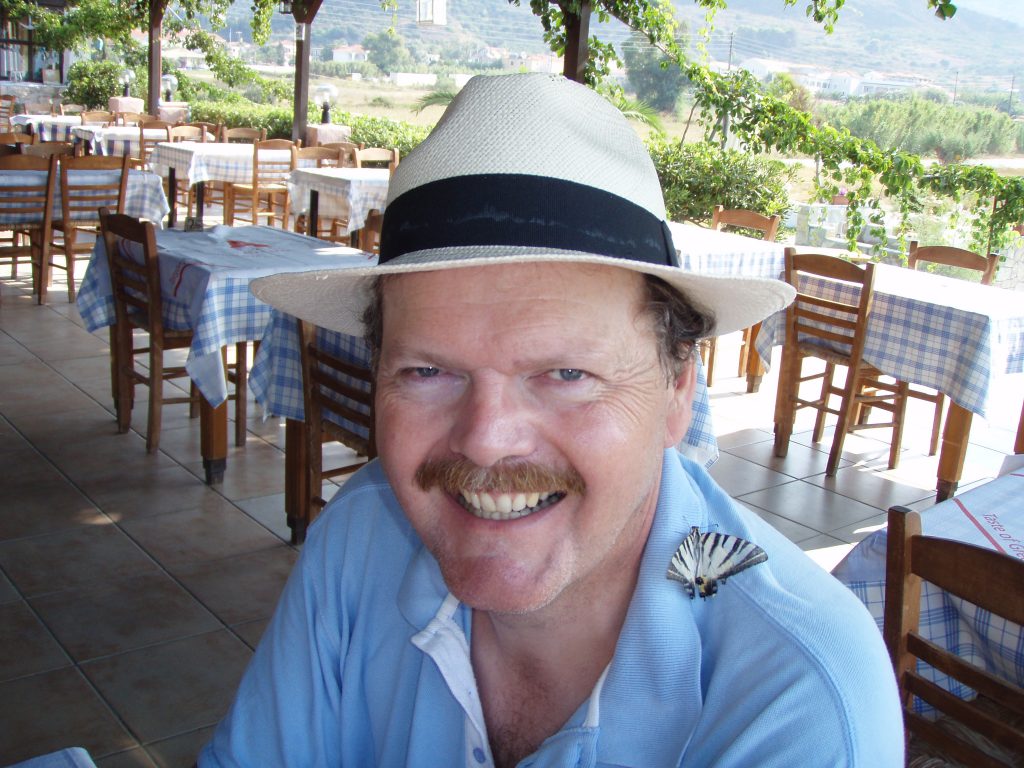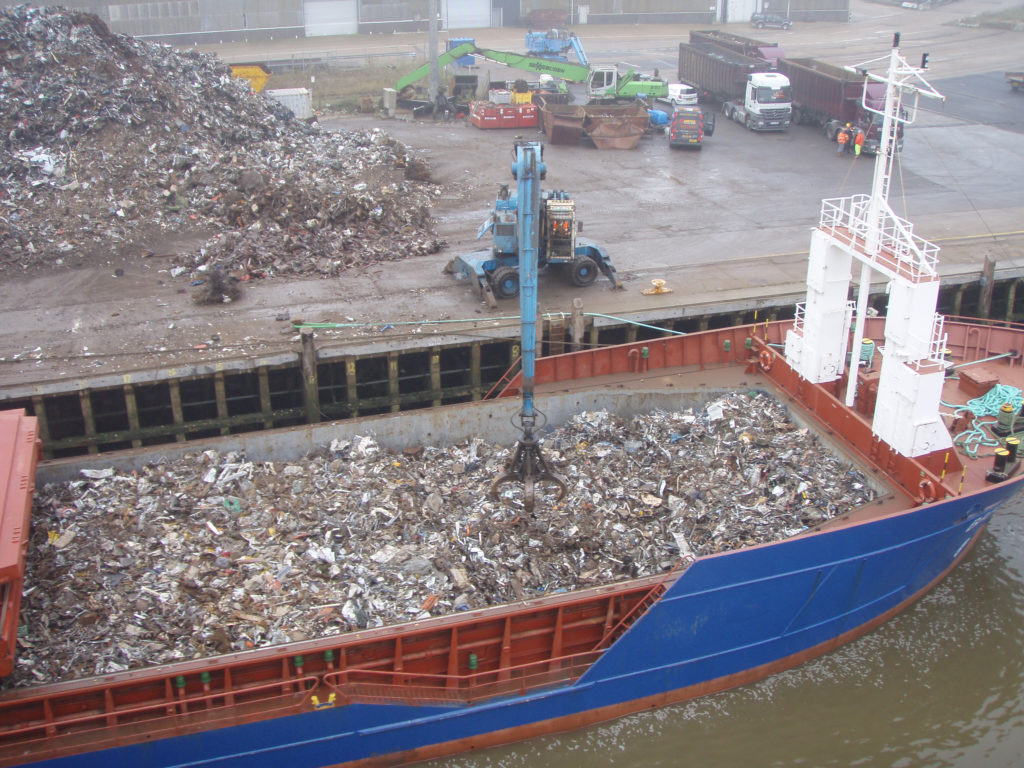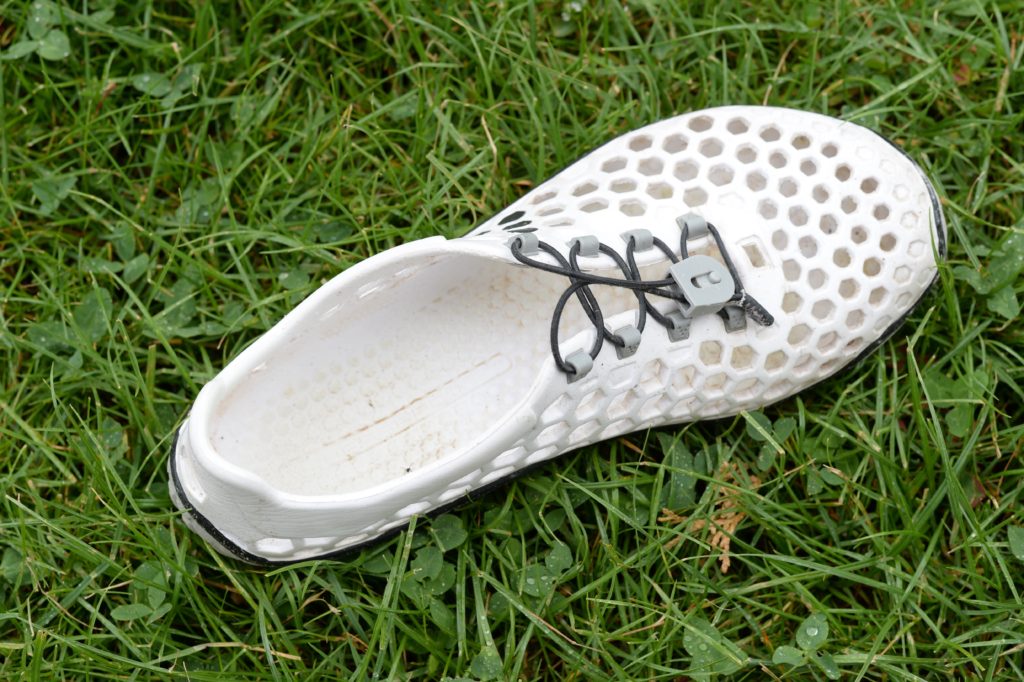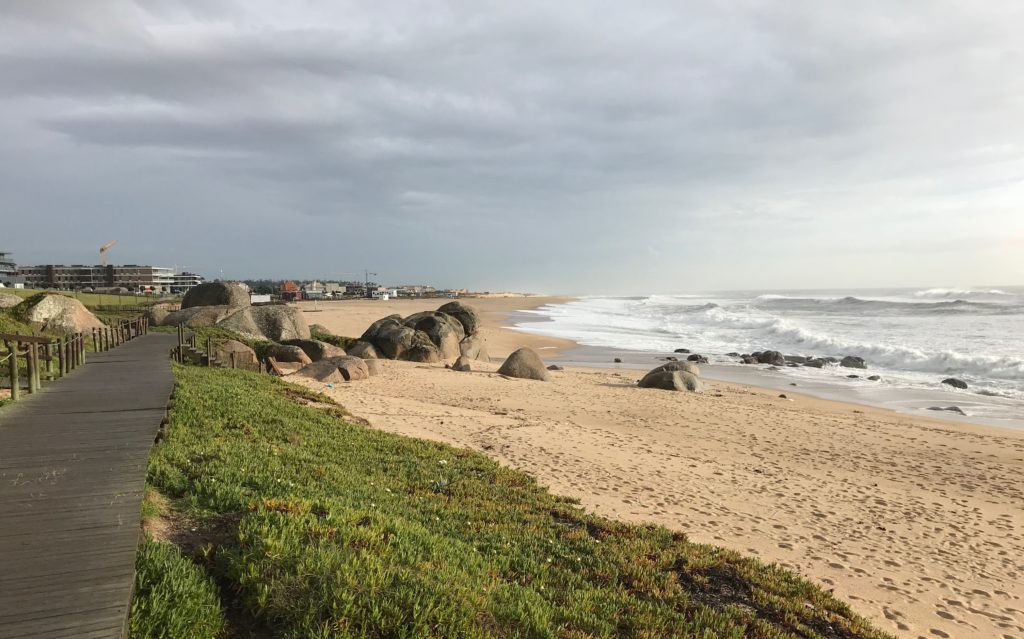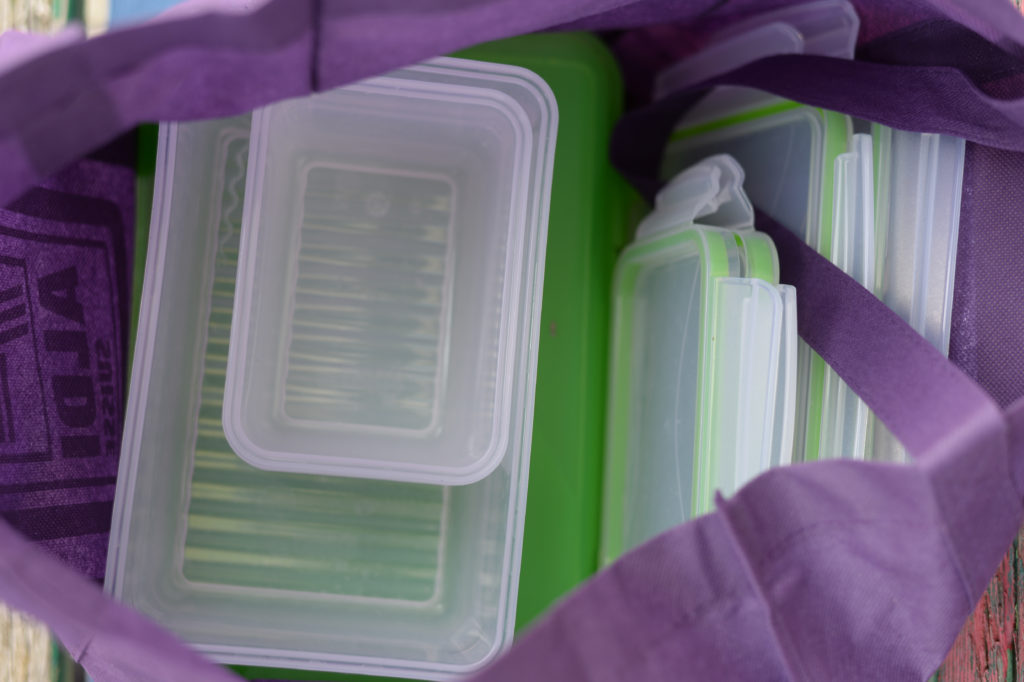
In an interesting article by Kelli Gardener from GroomandStyle.com entitled Eating at Home vs Eating Out, she talks about the fact that we often can’t choose the size of a restaurant portion and that pushes us to overeat.
I’ve been eating out quite a bit at lunch time in recent years.
Brigitte (my wife) works in a school about half an hour away in Yvonand and I often drive over and we go for lunch somewhere in Yverdon, which is the nearest sizeable town.
We’re lucky because there are a number of good restaurants in the area near the ice skating rink and parking is easy.
Something that was beginning to bother me though, was that we’d often take food home with us in cardboard or aluminium precisely because we didn’t want to overeat at lunchtime.
I’d order a pizza, for example, eat maybe two-thirds of it and then take the rest home in one of those take-away cardboard pizza boxes.
The sheer wastage of these pizza boxes, destined to be thrown away as soon as we got back home, started to get to me.
So rather than compromise and eat more than we wanted to, we got some varying sizes of food boxes and now we take home the pizza and other food portions in those.
It seems the perfect way not to overeat and act against wastage at the same time.
Of course, you have to wash the boxes after use and remember to put them back in the car and take them with you the next time you eat out.
Sometimes we forget.
In spite of this, I think we’ve managed to cut down considerably on wastage from eating out.
After all, there are only two solutions if you want to avoid overeating. Leave the rest on the plate or take it home.
If the food is good, it’s a waste to leave it on the plate. It will only get thrown away. It deserves a better fate than that.
We frequently get an extra meal in the evening out of a lunchtime restaurant portion with the result that eating out is not so expensive after all. It’s often little more expensive than buying a sandwich and I’d much rather have a hot meal – or two – for the same price or less.
So if you find that the portions in restaurants are overlarge, don’t hesitate to ask to take the rest home. You might feel awkward asking to begin with. You might even be afraid of what other people might think. But it’s a mark of respect for all the work that goes into preparing that food, from field to kitchen, and towards the food itself.
And if you bring your own boxes, you don’t even need to ask.
You can just put the food in the boxes yourself.
The link to Kelli’s article again:
May your life never become an endurance test!
Love
Richard
